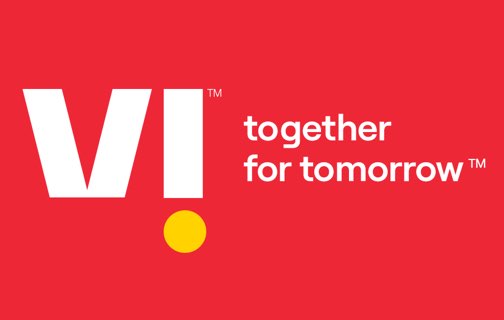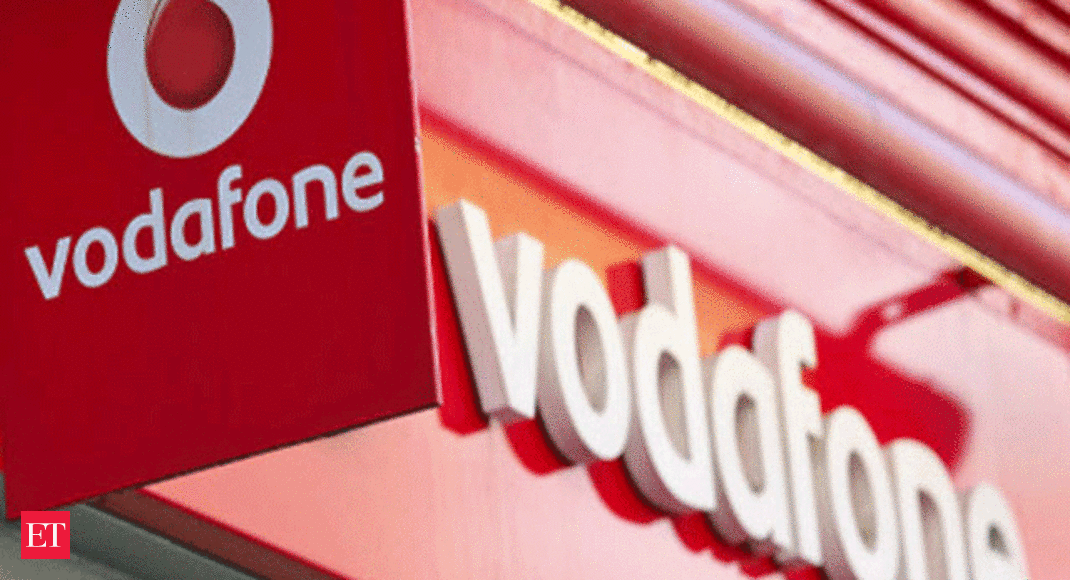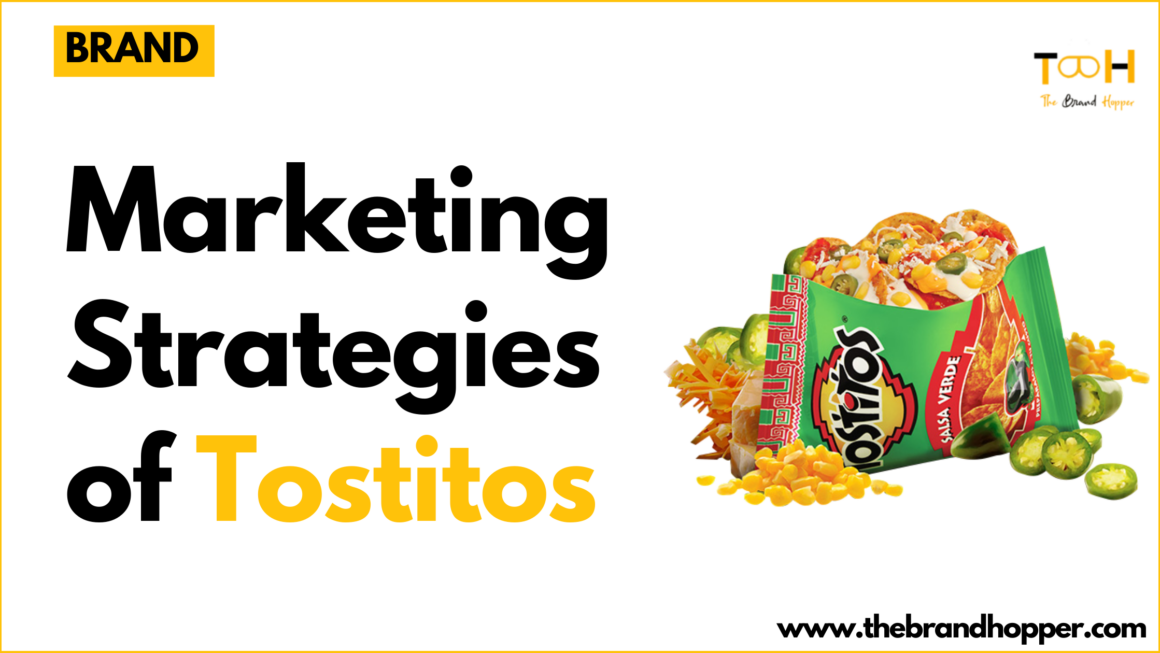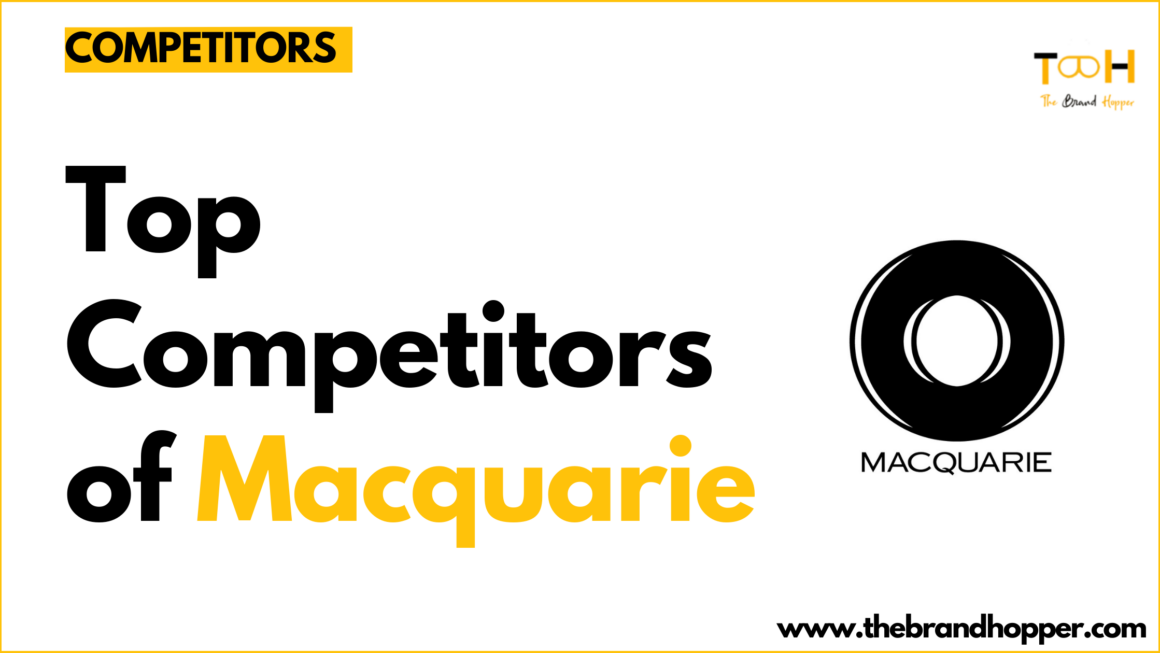Vodafone is a multinational telecommunications company that provides a wide range of services, including mobile and fixed-line telecommunications, broadband internet, and digital TV. The company operates in multiple countries around the world and is one of the largest telecommunications providers globally.
Vodafone was founded in 1984 in the United Kingdom as a subsidiary of Racal Electronics plc. Initially, it operated as a mobile network operator in the UK. The name “Vodafone” was derived from “Voice Data Fone,” reflecting the company’s focus on voice and data communication services.
In the early 1990s, Vodafone expanded internationally through a series of acquisitions and strategic partnerships. It acquired several mobile operators in different countries, enabling its entry into new markets. Notable acquisitions include the purchase of AirTouch Communications in the United States in 1999, which significantly expanded Vodafone’s global presence.
Over the years, Vodafone continued to expand its services and develop its network infrastructure. The company played a pivotal role in the development of mobile communication technologies, including the deployment of 2G, 3G, and later, 4G networks. Vodafone also played a significant role in the introduction and adoption of mobile data services and the evolution of smartphones.
In recent years, Vodafone has been actively involved in the deployment of 5G networks, which offer faster data speeds and lower latency, enabling advanced technologies like Internet of Things (IoT), autonomous vehicles, and smart cities.
Apart from mobile telecommunications, Vodafone has diversified its services to include fixed-line services, broadband internet, and digital TV. They offer a range of plans and packages tailored for both residential and business customers.
Vodafone has also ventured into digital services and innovation. They have invested in digital platforms, content delivery, and cloud-based solutions. The company has focused on leveraging technology to enhance customer experiences, streamline operations, and offer innovative solutions to meet the evolving needs of its customers.
In summary, Vodafone is a global telecommunications company that has grown from its origins as a mobile network operator in the UK to become a prominent player in the telecommunications industry worldwide. With a strong focus on mobile and fixed-line services, broadband internet, and digital TV, Vodafone continues to innovate and expand its offerings to provide reliable connectivity and digital solutions to individuals, businesses, and communities around the globe.
Glorious History of Vodafone
Vodafone’s founding history dates back to 1982 when the British Department of Trade and Industry (DTI) initiated a competition to establish two national cellular networks in the United Kingdom. During this time, a subsidiary of Racal Electronics plc, a British electronics company, led by Sir Ernest Harrison, won the bid for the private sector license.
In 1984, Racal Electronics founded the company known as Racal Telecom Limited, which would later become Vodafone. Racal Telecom was initially established to operate the private sector cellular network in the UK. The name “Vodafone” was derived from “Voice Data Fone,” emphasizing the company’s focus on voice and data communication services.
In September 1985, Racal Telecom launched its mobile network, becoming the first company to introduce a cellular phone service in the UK. The network operated on the newly allocated 900 MHz frequency band and utilized the then-emerging analog cellular technology.
In 1988, Racal Telecom was listed on the London Stock Exchange, becoming a publicly traded company. This move aimed to raise capital for the expansion of its cellular network and services. At that time, Racal Telecom had over 150,000 subscribers and was growing rapidly.
In the early 1990s, Racal Telecom embarked on a series of strategic moves to expand internationally and diversify its operations. In 1991, the company acquired a 15% stake in the American telecommunications company AirTouch Communications, establishing its first international presence.
Racal Telecom continued its expansion efforts by acquiring several mobile network operators worldwide. In 1999, it completed the acquisition of AirTouch Communications, which provided a significant boost to its global operations. As a result, Racal Telecom rebranded itself as Vodafone AirTouch plc.
Vodafone AirTouch experienced rapid growth and pursued further acquisitions to solidify its position as a global telecommunications leader. In 2000, the company completed its acquisition of Mannesmann AG, a German telecommunications company, in what was the largest corporate merger at the time. This acquisition enabled Vodafone to establish a significant presence in Europe and expand its customer base.
Following the acquisition, the company rebranded as Vodafone Group plc. The company’s headquarters moved from Newbury, UK, to London. Vodafone Group continued to expand its operations through acquisitions, joint ventures, and partnerships, establishing a strong global presence.
Over the years, Vodafone Group expanded its services beyond mobile telephony to include fixed-line services, broadband internet, and digital TV. The company also played a pivotal role in the development and deployment of new mobile communication technologies, such as 2G, 3G, 4G, and 5G networks.
Today, Vodafone Group is one of the world’s largest telecommunications companies, operating in multiple countries and serving millions of customers. It has diversified its services, invested in digital solutions, and continues to innovate in the ever-evolving telecommunications industry.
Different Business Segments of Vodafone
Vodafone operates through several business segments, each focusing on different aspects of telecommunications services and solutions. These segments represent various areas of Vodafone’s operations and contribute to the company’s overall business strategy. Here are the key business segments of Vodafone:
Consumer: The Consumer segment primarily caters to individual customers and households. It offers a wide range of mobile and fixed-line services, including voice calling, messaging, data plans, broadband internet, digital TV, and bundled service packages. The Consumer segment focuses on providing convenient and value-added services to meet the communication and entertainment needs of residential customers.
Business: The Business segment focuses on serving the needs of small, medium, and large enterprises, as well as government organizations. It offers a comprehensive suite of services tailored for business customers, including mobile and fixed-line connectivity, voice and data solutions, cloud computing, IoT (Internet of Things) connectivity, security services, and collaboration tools. The Business segment aims to provide scalable and flexible solutions to support the digital transformation and communication requirements of businesses.
Vodafone Business Platform: This segment includes Vodafone’s platform services, which are designed to provide connectivity, cloud, and digital solutions to enterprises and partners. The platform services encompass IoT connectivity management, cloud hosting, data analytics, cybersecurity, and application development capabilities. The Vodafone Business Platform enables businesses to leverage Vodafone’s infrastructure and expertise to develop and deploy innovative digital solutions.
Vodafone Idea (India): Vodafone Idea is a joint venture between Vodafone Group and Aditya Birla Group, operating in the Indian telecommunications market. It offers mobile telephony, data services, and digital solutions to consumers and businesses in India. Vodafone Idea is focused on expanding its network coverage, enhancing data services, and catering to the diverse needs of the Indian market.
Vodafone Business Network Services: This segment focuses on delivering global connectivity and managed services to multinational corporations (MNCs). Vodafone Business Network Services offers a range of solutions such as MPLS (Multiprotocol Label Switching), Ethernet, VPN (Virtual Private Network), cloud connectivity, and collaboration services. It aims to provide reliable and secure connectivity solutions that enable MNCs to connect their global operations effectively.
Vodafone Carrier Services: The Carrier Services segment deals with wholesale telecommunications services. It offers voice, messaging, data roaming, and other network-related services to mobile network operators (MNOs), fixed-line operators, and other service providers worldwide. Vodafone Carrier Services focuses on providing high-quality and cost-effective wholesale solutions to enable global connectivity and interconnectivity.
These business segments collectively represent Vodafone’s diverse portfolio of telecommunications services and solutions. By catering to consumer, business, and wholesale markets, Vodafone aims to meet the evolving needs of its customers and drive innovation in the telecommunications industry.
Mergers and Acquisitions of Vodafone
Vodafone has engaged in numerous mergers and acquisitions over the years to expand its operations, strengthen its market position, and enter new markets. These transactions have played a significant role in shaping the company into the global telecommunications giant it is today. Here are some notable mergers and acquisitions involving Vodafone:
Mannesmann AG (2000) – Deal Amount: Approximately €180 billion ($172 billion)
Vodafone acquired Mannesmann AG, a German telecommunications company, in what was one of the largest corporate mergers at the time. The deal was valued at approximately €180 billion ($172 billion). It involved a combination of cash and stock, with Vodafone paying a premium to acquire Mannesmann. This acquisition gave Vodafone a significant presence in Europe and access to Mannesmann’s customer base. It also brought ownership of Mannesmann’s subsidiaries, including the German mobile operator D2 and the Italian mobile operator Omnitel.
AirTouch Communications (1999) – Deal Amount: Approximately $62 billion
Vodafone completed the acquisition of AirTouch Communications, an American telecommunications company, in a deal valued at approximately $62 billion. The transaction involved a stock swap, with Vodafone exchanging its shares for AirTouch Communications’ stock. This acquisition marked Vodafone’s entry into the United States market, providing a foothold in one of the largest telecommunications markets globally.
Cable & Wireless Worldwide (2012) – Deal Amount: £1.04 billion ($1.7 billion)
Vodafone acquired Cable & Wireless Worldwide, a UK-based telecommunications company focused on business connectivity and network services. The deal was valued at £1.04 billion ($1.7 billion) and involved an all-cash transaction. By acquiring Cable & Wireless Worldwide, Vodafone aimed to enhance its enterprise services and strengthen its position in the business communications market.
Liberty Global’s European Assets (2018) – Deal Amount: €18.4 billion ($22 billion)
Vodafone acquired Liberty Global’s operations in Germany, the Czech Republic, Hungary, and Romania in a transaction valued at €18.4 billion ($22 billion). This acquisition allowed Vodafone to expand its presence in Europe and strengthen its position in the fixed-line broadband and television markets. By combining the assets of both companies, Vodafone aimed to provide converged services to customers and offer a comprehensive range of telecommunications and media services.
Ono (2014) – Deal Amount: €7.2 billion ($9.7 billion)
Vodafone acquired Ono, a Spanish broadband and cable TV provider, for €7.2 billion ($9.7 billion). This acquisition enabled Vodafone to expand its fixed-line and broadband services in Spain. By integrating Ono’s network infrastructure and customer base, Vodafone aimed to offer bundled services and strengthen its position in the Spanish telecommunications market.
Arcor (2008) – Deal Amount: Approximately €5.8 billion ($9 billion)
Vodafone acquired the remaining stake in Arcor AG & Co. KG, a German telecommunications company. The deal was valued at approximately €5.8 billion ($9 billion). Arcor was already partially owned by Vodafone, and this acquisition allowed Vodafone to gain full control of the company. By consolidating its ownership of Arcor, Vodafone aimed to strengthen its presence in the German market and provide integrated telecommunications services to customers.
These mergers and acquisitions have been instrumental in shaping Vodafone into a global telecommunications leader, expanding its operations, customer base, and service offerings across multiple countries and markets.
Why is Vodafone so successful? – Success Factors of Vodafone
Vodafone has achieved significant success in the telecommunications industry for several reasons. Here are some key factors that contribute to Vodafone’s success:
Global Presence and Scale: Vodafone operates in multiple countries around the world, providing telecommunications services to millions of customers. Its extensive global presence and scale allow the company to benefit from economies of scale, negotiate favorable supplier agreements, and leverage its expertise across diverse markets. This global reach has contributed to Vodafone’s success by allowing it to capture a substantial market share and tap into emerging opportunities in various regions.
Strong Brand Identity: Vodafone has established a strong brand identity known for reliability, innovation, and customer-centricity. The company has invested in building a reputable brand through effective marketing, sponsorships, and customer engagement. Vodafone’s brand equity has helped attract and retain customers, enhance brand loyalty, and differentiate itself from competitors.
Customer Focus and Service Quality: Vodafone places a strong emphasis on understanding and meeting the evolving needs of its customers. The company strives to provide reliable network connectivity, innovative services, and excellent customer service. By focusing on customer satisfaction, Vodafone has been able to build long-term relationships, reduce churn rates, and maintain a competitive edge in the market.
Technological Innovation: Vodafone has been at the forefront of technological advancements in the telecommunications industry. The company has played a significant role in the development and deployment of mobile communication technologies, including 2G, 3G, 4G, and 5G networks. Vodafone’s commitment to innovation has allowed it to introduce new services, improve network capabilities, and adapt to changing consumer demands. By embracing emerging technologies, Vodafone stays ahead of the curve and positions itself as a leader in the industry.
Diversified Portfolio of Services: Vodafone offers a wide range of services, including mobile and fixed-line telecommunications, broadband internet, digital TV, and enterprise solutions. This diversified portfolio allows Vodafone to cater to different customer segments, from individual consumers to businesses of all sizes. By providing comprehensive solutions, Vodafone can capture a larger share of the telecommunications market and generate revenue from various sources.
Strategic Partnerships and Acquisitions: Vodafone has strategically formed partnerships and engaged in acquisitions to expand its market reach and enhance its service offerings. Collaborations with other telecommunications companies, technology providers, and content creators have allowed Vodafone to access new technologies, enter new markets, and offer bundled services. Acquisitions have also played a significant role in Vodafone’s growth, enabling the company to acquire established businesses and integrate them into its operations.
Strong Network Infrastructure: Vodafone has invested heavily in building a robust network infrastructure, including mobile towers, fiber-optic cables, and data centers. This infrastructure supports the delivery of high-quality and reliable services to customers. By continuously improving its network capabilities, Vodafone ensures efficient data transmission, faster speeds, and wider coverage, which are essential factors for customer satisfaction and market success.
Overall, Vodafone’s success can be attributed to its global reach, strong brand identity, customer-centric approach, technological innovation, diversified service portfolio, strategic partnerships, and robust network infrastructure. These factors have enabled Vodafone to stay competitive, adapt to changing market dynamics, and provide innovative telecommunications solutions to customers worldwide.
Challenges of Vodafone in India
Vodafone in India is called Vodafone Idea Limited. It is a joint venture between Vodafone Group Plc, a British multinational telecommunications company, and Idea Cellular, an Indian telecommunications company. The merger of Vodafone India and Idea Cellular took place in 2018, resulting in the formation of Vodafone Idea Limited.

Vodafone Idea is facing a number of challenges in India, including:
High debt
Vodafone Idea’s debt is a major burden on the company’s finances. The company has been struggling to make a profit and is unable to invest in its network and operations. This has led to a decline in network quality and coverage, which has made it difficult for Vodafone Idea to compete with its rivals.
In order to reduce its debt, Vodafone Idea has been selling assets and raising new capital. However, these measures have not been enough to significantly reduce the company’s debt burden. Vodafone Idea may need to consider other options, such as merging with another telecom company or filing for bankruptcy.
High competition
Vodafone Idea faces stiff competition from other telecom companies, such as Reliance Jio and Bharti Airtel. These companies have been able to offer lower tariffs and better services, which has led to Vodafone Idea losing market share.
In order to compete with its rivals, Vodafone Idea needs to offer lower tariffs and improve its services. The company has already started to offer some new plans and services, but it remains to be seen if these measures will be enough to win back customers.
Regulatory challenges
Vodafone Idea is also facing a number of regulatory challenges, such as the Adjusted Gross Revenue (AGR) dispute with the government. This dispute has led to the company being asked to pay a large sum of money to the government, which is further straining its finances.
The AGR dispute is a complex issue and it is not clear how it will be resolved. However, it is clear that the dispute is having a negative impact on Vodafone Idea’s finances. The company may need to take legal action against the government in order to resolve the dispute.
Network issues
Vodafone Idea’s network is not as good as the networks of its competitors. This is due to the company’s high debt, which has limited its ability to invest in its network. As a result, Vodafone Idea’s customers often experience poor network quality and coverage.
In order to improve its network, Vodafone Idea needs to invest in new infrastructure and upgrade its existing network. The company has already started to invest in its network, but it will take some time for these investments to have a positive impact on network quality and coverage.
These are just some of the challenges that Vodafone Idea is facing in India. The company is facing a number of challenges, but it is still possible for the company to survive and thrive. If Vodafone Idea can address these challenges, it will be in a better position to compete in the Indian telecom market and survive in the long run.
Financials of Vodafone – How is Vodafone doing financially?
Revenue
Vodafone Group’s revenue was €45.4 billion in the financial year 2022-23, which is an increase of 3.1% from the previous year. The increase in revenue is due to a number of factors, including:
- Growth in mobile data traffic and usage.
- Expansion into new markets, such as Africa and India.
- Acquisition of Liberty Global’s cable assets in Germany and the Netherlands.
Profit
Vodafone Group’s profit was €4.7 billion in the financial year 2022-23, which is an increase of 10.2% from the previous year. The increase in profit is due to a number of factors, including:
- The increase in revenue.
- Cost savings, such as the rationalization of its global operations.
- A favorable tax environment.
Debt
Vodafone Group’s debt was €43.6 billion at the end of the financial year 2022-23, which is an increase of 1.6% from the previous year. The increase in debt is due to the acquisition of Liberty Global’s cable assets. However, the company’s debt-to-equity ratio is still relatively low, at 0.5.
Liquidity
Vodafone Group’s liquidity is strong. As of March 2023, the company had cash and cash equivalents of €10.3 billion. This is more than enough to cover its short-term debt.
Outlook
The outlook for Vodafone Group is positive. The company is well-positioned to benefit from the growth of mobile data traffic and usage. The company is also expanding into new markets, which will help to offset the decline in revenue in its mature markets.
However, there are some challenges that Vodafone Group faces, such as the increasing competition from rivals, such as China Mobile and AT&T. The company will need to continue to invest in its network and services in order to remain competitive.
Overall, the financials of Vodafone Group are strong. The company is well-positioned to continue to grow in the future.
Also Read: Transforming Teleco: The Story of Deutsche Telekom Digital Revolution
Growth strategy of Vodafone
Vodafone has employed various growth strategies to expand its operations, enter new markets, and strengthen its position in the telecommunications industry. Here are some key elements of Vodafone’s growth strategy:
Geographic Expansion: Vodafone has pursued a strategy of geographic expansion to enter new markets and increase its global footprint. The company has entered into partnerships, acquired local telecommunications providers, and invested in network infrastructure to establish a presence in different countries. This expansion allows Vodafone to tap into growing markets, diversify its revenue streams, and benefit from economies of scale.
Network and Infrastructure Investments: Vodafone continuously invests in network infrastructure to enhance its capabilities and provide high-quality services. The company focuses on expanding its mobile and fixed-line networks, upgrading to faster and more advanced technologies (such as 4G and 5G), and improving coverage and capacity. These investments enable Vodafone to meet increasing data demands, offer faster internet speeds, and provide reliable connectivity to its customers.
Innovation and Digital Transformation: Vodafone emphasizes innovation and digital transformation to stay ahead in the industry. The company invests in research and development, collaborates with technology partners, and explores emerging technologies to develop new services and solutions. Vodafone also embraces digital channels and platforms to deliver seamless customer experiences, offer self-service options, and enable digital payment methods.
Focus on Enterprise and IoT Services: Vodafone has a strong focus on serving enterprise customers and providing Internet of Things (IoT) solutions. The company offers a range of services tailored to meet the communication and connectivity needs of businesses, including IoT connectivity, cloud computing, cybersecurity, and collaboration tools. By targeting the enterprise segment, Vodafone taps into additional revenue streams and addresses the growing demand for IoT connectivity and digital solutions.
Strategic Partnerships and Alliances: Vodafone forms strategic partnerships and alliances to expand its service offerings, access new technologies, and strengthen its market position. Collaborations with content providers, technology companies, and other telecommunications operators enable Vodafone to offer bundled services, enhance its product portfolio, and deliver unique value propositions to its customers. These partnerships also facilitate knowledge sharing and innovation in the industry.
Acquisitions and Consolidation: Vodafone has engaged in mergers and acquisitions to expand its market presence, acquire complementary businesses, and enhance its capabilities. Through strategic acquisitions, Vodafone has gained access to new customer bases, expanded its service portfolio, and increased its market share. Acquisitions have also allowed Vodafone to consolidate its operations, achieve cost efficiencies, and leverage synergies.
Customer-Centric Approach: Vodafone places a strong emphasis on understanding and meeting the needs of its customers. The company invests in market research, customer analytics, and personalized marketing strategies to tailor its services and offerings. Vodafone also focuses on providing excellent customer service and support, aiming to build long-term customer relationships and drive customer loyalty.
These growth strategies have enabled Vodafone to expand its global reach, diversify its service portfolio, and stay competitive in the telecommunications industry. By investing in network infrastructure, pursuing geographic expansion, embracing innovation, targeting enterprise customers, forming strategic partnerships, and prioritizing customer satisfaction, Vodafone continues to drive growth and adapt to the evolving needs of the market
To read more content like this, subscribe to our newsletter




